Greetings to Jesus’ Disciples,
I am enjoying our community Lenten discipline of gathering on Wednesdays for fellowship, sharing a meal and worship. I enjoy the insights people share from all ages. This past Wednesday, as we explored good works with BoxBob and BoxSue I was delighted to hear in the reflection time someone share how our good works are a response of gratitude for what God has already done. Well done disciples!
Here is another rendition from Crazy Talk: A Not so Stuffy Dictionary of Theological Terms- ed. Rolf Jacobson, (p.181).
Good Works: What you do because you don’t have to do anything.
Your friend invites you to dinner.
You ask, “What can I bring”
Your friend answers, “Nothing; there is nothing you can bring.
I’ve got it all covered.”
Out of gratitude, you bring something anyway.
Now read this article again. But…
For “friend” substitute “Lord.”
For “invites you to dinner” substitute “saves you from your sins.”
For “bring” substitute “do.”
See also: Justification; Sanctification.
Luther focused on good works not becoming the goal but a tool that helps us to trust God working in our lives. God’s grace comes first to us, not by anything we do and God’s grace transforms us and this transformation can be seen in our good works. We are grateful to God and our gratitude moves us to do good works. God’s grace flows through us like our life blood and our lives bear the fruit of good works in our families and communities. God changes us, changes our hearts and minds and we continue growing in our trust and love of God all the more.
BoxBob and BoxSue helped us to see our temptation to be clever with our good works as BoxBob tried to do good works that had the word LENT in them, like making terrible tasting LENTil soup, LENT money, gave a vaLENTine and tried to be siLENT while his mom watched a show. All of these did not really help the neighbor and frustrated BoxBob too. Sometimes we try to be more clever than we need to be rather than trusting God’s knowledge of us and our taLENTs and wanting to work with us as BoxSue pointed out.
We trust God to work through us having faith that God shows up in our lives and works with us to produce good works or fruit. God bears witness to this through his Son, Jesus and these good works prepare us for Holy Week where we will see God’s good works as Jesus washes his disciple’s feet and commands them to do likewise, shares a meal with them to help them remember and does the ultimate good work on Good Friday or God’s Friday.
Praying and hoping that your good works are welcoming the hand of God and getting the soil of your heart ready for the work God is doing in us and through us.
Bold Inquisitive Belief Loving Expansively,
Pastor Connie Spitzack


